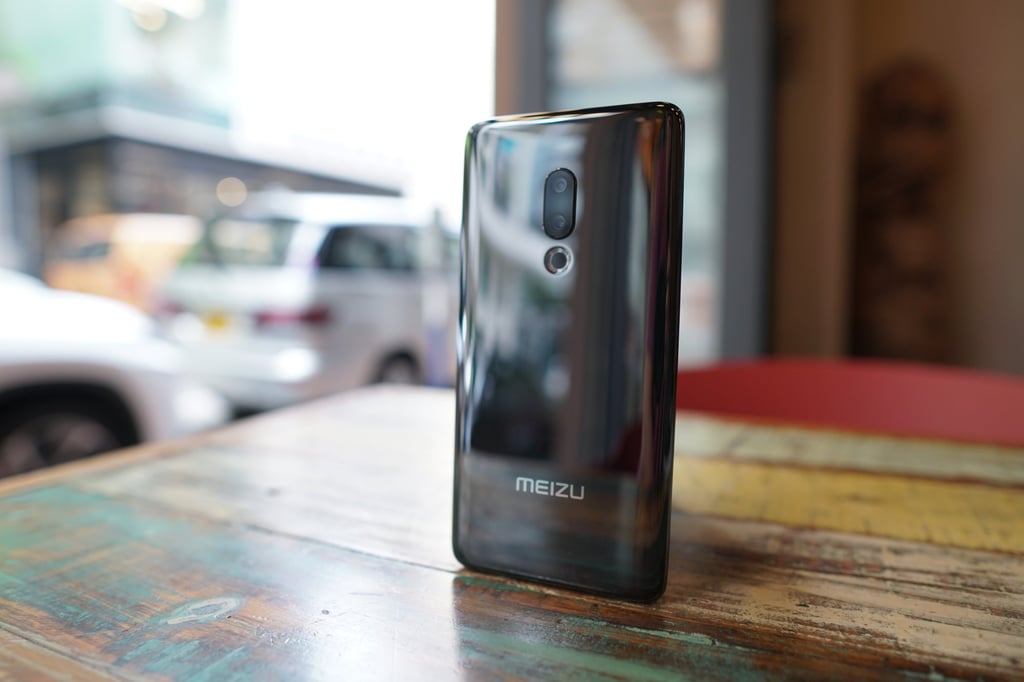Advertisement
Chinese smartphone brand Meizu sold to carmaker Geely as smart vehicles become latest frontier for Big Tech
- Geely’s smartphone subsidiary bought 79 per cent of Meizu from its founder and Alibaba’s Taobao China to bolster the carmaker’s connected ecosystem
- Meizu was once one of China’s most popular smartphone brands but has since lost out to larger rivals like Xiaomi, which is now working on its own electric car
Reading Time:3 minutes
Why you can trust SCMP

A subsidiary of Zhejiang Geely Holding Group has acquired Meizu, the Alibaba Group Holding-backed smartphone maker, as part of the carmaker’s efforts to bolster its connected ecosystem, as rivals race to build new digital platforms for vehicles.
Hubei Xingji Shidai Technology, a venture launched by Geely founder Li Shufu last September to make premium smartphones and other connected devices, bought a 79.09 per cent stake in Meizu, taking control of the Zhuhai-based brand, according to a document released by the State Administration for Market Regulation (SAMR) on Monday.
With the acquisition, Geely is taking over a smartphone brand that has been losing relevance in recent years, but whose technology could help the carmaker compete in a market that is increasingly focused on software and services.
Advertisement
“Meizu’s market share in the [mainland] Chinese market has stayed below 1 per cent for several years amid the fierce competition locally,” said Will Wong, a Singapore-based analyst at IDC, noting that the brand’s market share fell to 0.1 per cent in the first quarter this year. “The acquisition is likely to have a higher focus on enhancing Geely’s user ecosystem and its development of intelligent vehicles.”

Wuhan-based Xingji Shidai bought its stake from Meizu founder Huang Xiuzhang, whose current 9.8 per cent stake is down from 49 per cent, and Taobao China Software, a unit of e-commerce giant Alibaba, which sold its entire 27 per cent stake, according to the SAMR.
Advertisement
The SAMR document did not disclose the value of the deal. Alibaba owns the South China Morning Post.
Advertisement
Select Voice
Select Speed
1.00x